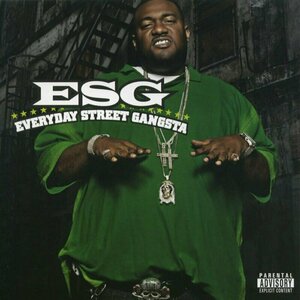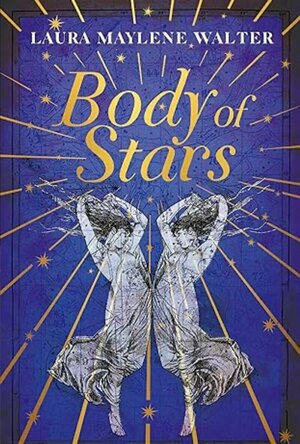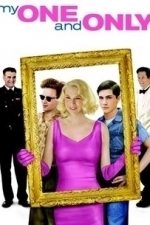Kathleen Hanna recommended ESG by ESG in Music (curated)
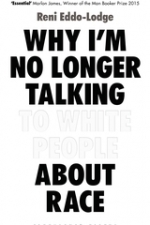
Why I'm No Longer Talking to White People About Race
Book
"I couldn't have a conversation with white folks about the details of a problem if they didn't want...
Politics race gender social issues
ClareR (6037 KP) rated Body of Stars in Books
Jan 16, 2024
Instead of this phenomenon giving women autonomy over their own lives, it seems that it’s the same old story. Their bodies are a commodity, mapped out by a government organisation, checked over by their fathers when their markings change during puberty. They are warned not to show themselves off or be by themselves, lest men can’t control themselves as they’re driven wild with lust. So far, so stereotypical.
Celeste Morton is excited by the prospect of this transition, and her brother Miles is desperate to practice his interpretation skills on his sister. But when Celeste transitions, a terrible fate is revealed. And in a desperate bid to keep this a secret, Celeste experiences the worst thing that can happen to a changeling.
I have to admit to being very frustrated whilst reading this. There’s nothing feminist about this story - there is a good argument for why feminism is necessary though. Misogyny is rife in the world of this book! To be honest, the story could have run in exactly the same direction without the need for freckles, moles and other markings. It was depressing that even in an alternative near future, women would be experiencing the same restrictions and abuse that so many live through today.
This was a novel that I loved to hate - the frustration was immense! Do I recommend it? Well yes, but be prepared for the deep breathing, calming exercises that you’ll need!
Gareth von Kallenbach (980 KP) rated My One and Only (2009) in Movies
Aug 9, 2019
Beautifully shot, the film immediately sweeps viewers into another time in American history. The use of detailed sets and props, from the varied homes the family lives in to the light powder-blue car, creates a visual dynamic ripe for the telling of this 1950’s gem. Additionally, the use of literature, film, and music throughout “My One and Only” make it a delight to watch even without the somewhat well crafted plot.
As characters go, Zellweger delivers again, this time as the likeably flawed heroine Anne. Yet it was maturely acted roles of Anne’s sons, George and Robbie, stood out as undeniably honestly and direct.
Majority of the plot is solid covering the ups and downs of Anne’s attempts to secure a new home and husband for her family. It was only the rushed and disjointed ending that lessened the caliber of film.
“My One and Only” touches on themes of respect, feminism, aging, and security. A good film overall, filled with laughs and moral realities of the time, I enjoyed getting to know Anne’s family.
A visually strong, well cast film with a less than satisfying ending, “My One and Only” is an entertaining and spirited story of a non-traditional family growing up during a time of change in America.
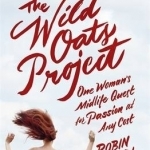
The Wild Oats Project
Book
A testament to how far feminism has taken us all...her search for sexual nirvana is hugely...
Possessed Women, Haunted States: Cultural Tensions in Exorcism Cinema
Christopher J. Olson and CarrieLynn D. Reinhard
Book
Since the release of The Exorcist in 1973, there has been a surge of movies depicting young women...
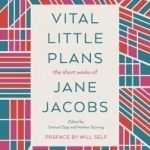
Vital Little Plans
Will Self, Jane Jacobs, Nathan Storing and Samuel Zipper
Book
From the INTERNATIONALLY RENOWNED author of the modern classic The Death and Life of Great American...
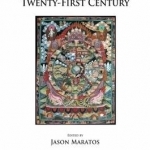
Applications of Group Analysis for the Twenty-First Century: Applications
Book
The Institute of Group Analysis (IGA) celebrates forty years from its foundation with the...
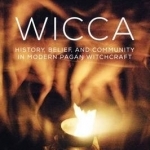
Wicca: History, Belief & Community in Modern Pagan Witchcraft
Book
The past century has born witness to a growing interest in the belief systems of ancient Europe,...
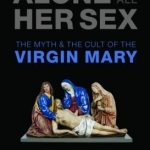
Alone of All Her Sex: The Myth and the Cult of the Virgin Mary
Book
This unique study of the cult of the Virgin Mary offers a way of thinking about the interrelations...
